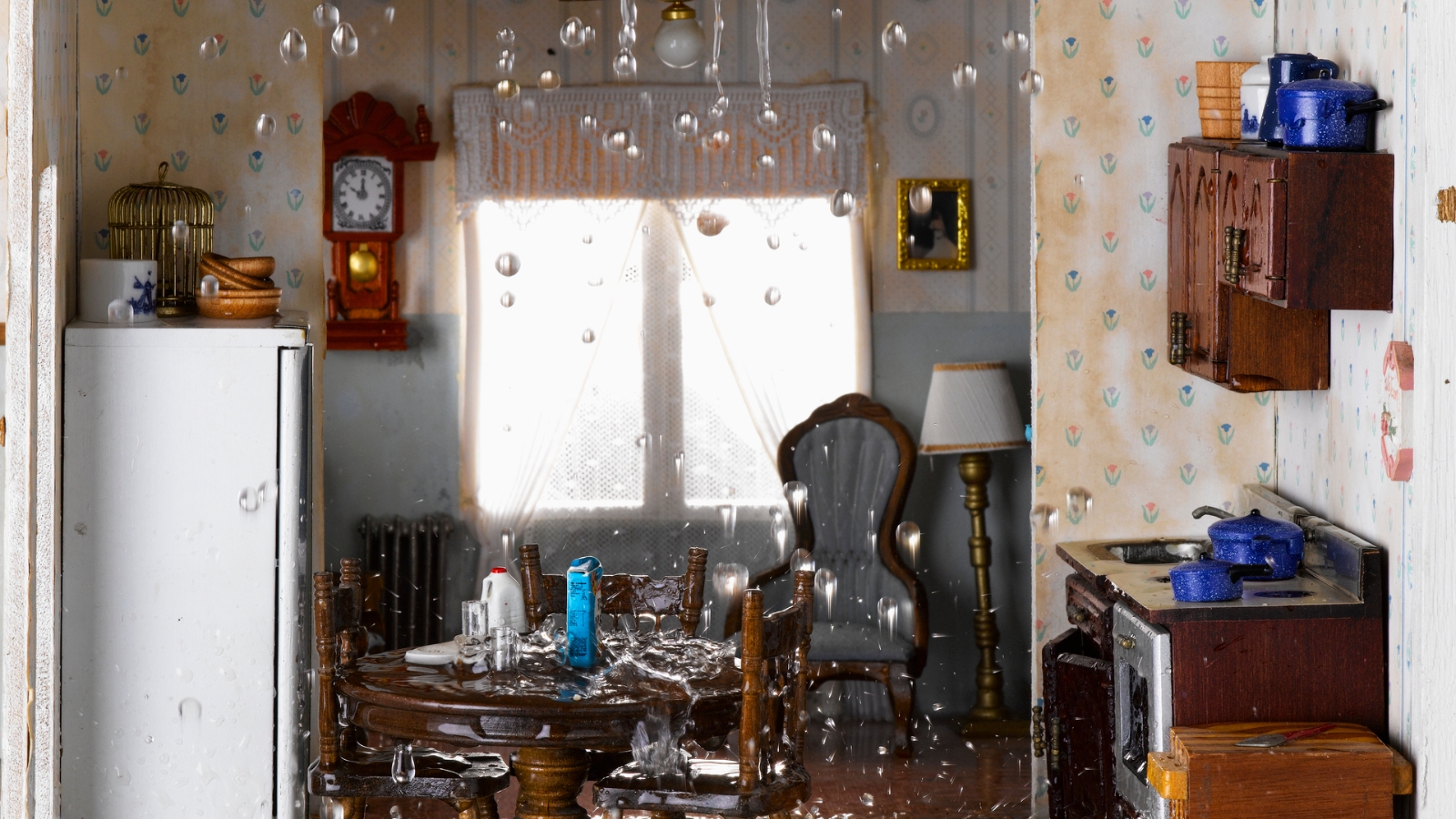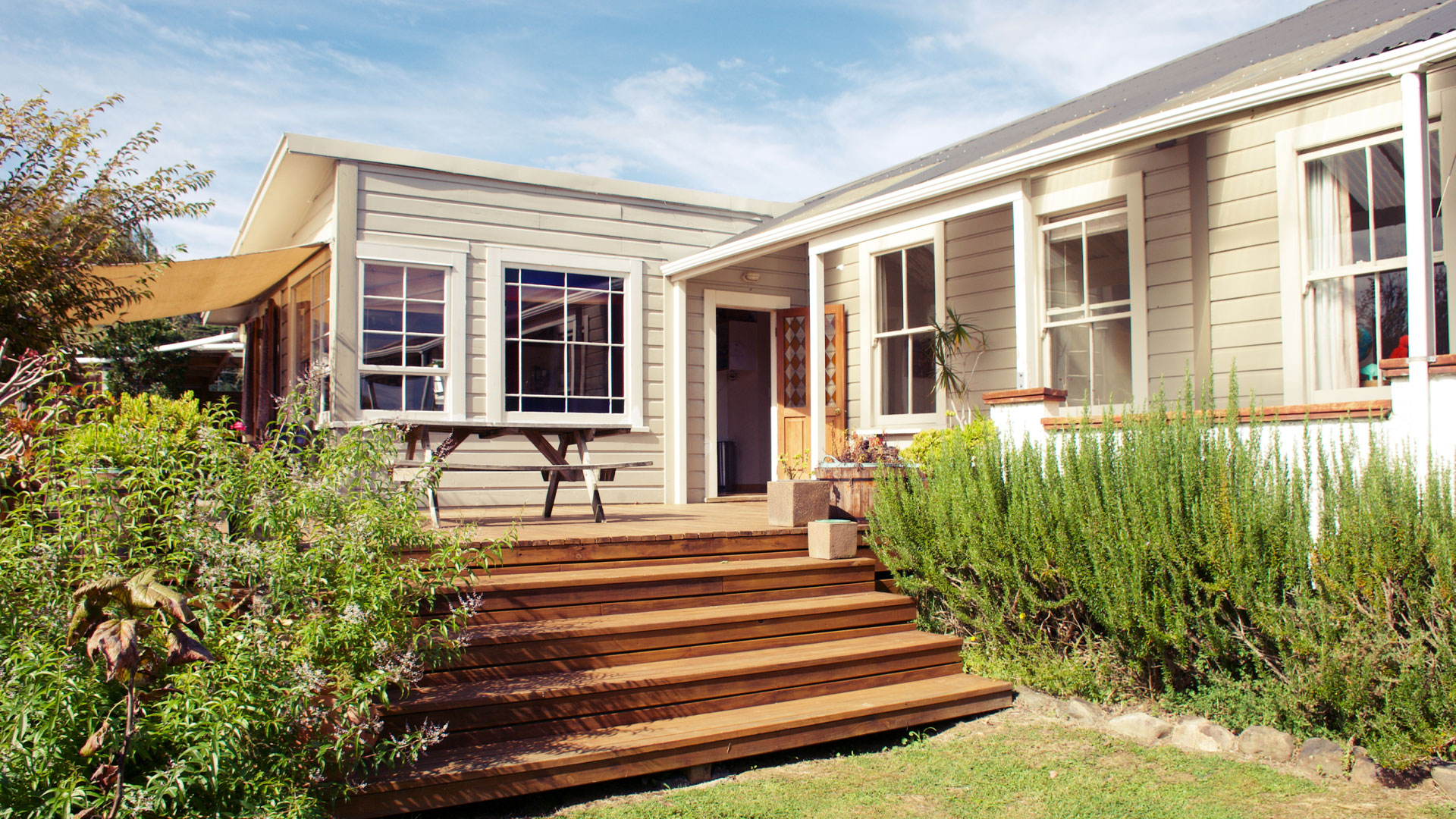Buying guide
The ultimate guide to mortgages and home loans in New Zealand
Plain-English answers to the biggest mortgage questions, from deposits to repayments.
22 October 2025

What you’ll learn
What is a mortgage?
Glossary: Key mortgage components & terms
By doing your research and understanding how mortgages work, you'll be one step ahead when it comes to purchasing a property.
Home loan deposits in NZ
Options for first-home buyers
Quick tips to reach your deposit goal faster:
How much can I borrow?
A mortgage broker will assess your income, expenses, and credit history to determine your maximum borrowing amount.
Why are home loan applications so strict?
The home loan process: A step-by-step guide
- Work out what you can afford: look at your income, deposit, and repayments.
- Compare lenders or use a broker: shop around for the best rates and terms.
- Get your finances in shape: tuck your savings away, reduce debt, and have bank statements ready.
- Pull together your deposit: aim for 20%, or check if you qualify for KiwiSaver or first-home buyer support.
- Apply and get approved: secure conditional approval, make an offer, then finalise with your lawyer at settlement.
Mortgage types & options
A mortgage broker or bank manager will work with you to determine the best structure for your loan.
Refinancing and refixing your mortgage
Mortgage tools & calculators
FAQs about Mortgages in NZ
Get expert advice first
Author
Search
Other articles you might like










